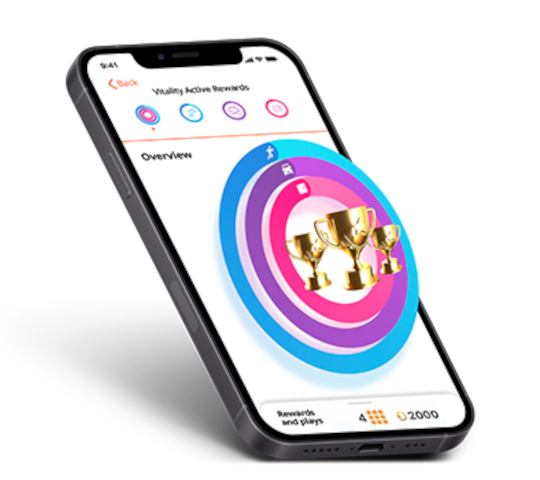
As a Vitality member, your mental wellbeing matters. Understanding it empowers you to feel your best every day. That's why we've created a simple, supportive tool: the Vitality Mental Wellbeing Assessments.
Why prioritise your mental wellbeing?
- Your mental health is just as important as your physical health. Poor sleep, chronic stress, anxiety or a low mood can affect how you feel, how you think, how well you recover, and how easily you navigate daily challenges.
- By completing your Mental Wellbeing assessment, you get a clear snapshot of your current state of mind - including your resilience, stress levels, mood, sleep, and overall wellbeing. This insight can help you spot early warning signs and take action, whether that means improving your sleep, practising mindfulness, or using the mental wellbeing tools and support available to you.
What you get when you complete the assessments
- Earn 500 Vitality points twice a year (taken 6 months apart) - that's 1,000 points annually - simply for taking the time to check in with yourself.
- It's quick, private and proactive - a small step that helps you stay ahead of stress, balance your mind, and build resilience over time.
Taking the assessment may feel like a small moment, but it can make a big difference.
Think of it as tuning into your inner world the same way you track your steps, monitor your blood pressure or check your weight. When your mental wellbeing is in focus, you're better equipped to thrive - whether you're studying, working, parenting, or simply seeking more calm in everyday life.
Ready to put your mental wellbeing first?
Get mindful. Get clear. Get rewarded with Vitality.



